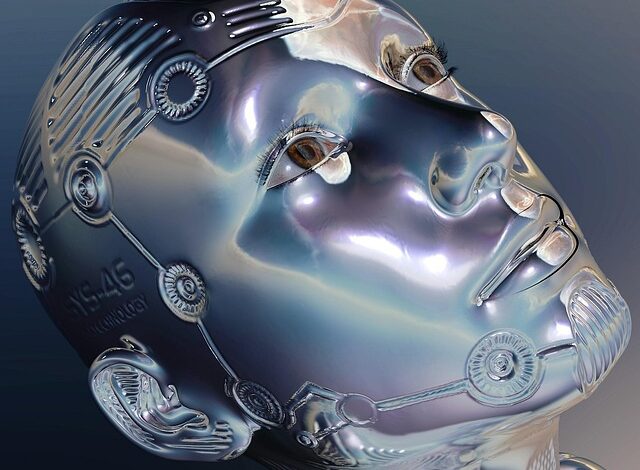The Rise of Artificial Intelligence in Everyday Technology



Artificial Intelligence, or AI, has been a buzzword in the technology industry for some time now. But what exactly does it mean for everyday technology? How is AI being integrated into our daily lives in ways we might not even realize? In this article, we’ll explore the various ways AI is shaping the technology landscape and revolutionizing our interactions with devices and services.
AI in Smart Assistants

One of the most prevalent uses of AI in everyday technology is in smart assistants like Amazon’s Alexa, Apple’s Siri, and Google Assistant. These virtual assistants use AI algorithms to understand and respond to natural language commands, making them more intuitive and easier to use for consumers. For example, Alexa can help you set reminders, play music, and even control smart home devices—all thanks to AI.
AI in Personalized Recommendations
Another area where AI is making a big impact is in personalized recommendations. Companies like Netflix, Spotify, and Amazon use AI algorithms to analyze user data and provide tailored recommendations based on individual preferences. Whether it’s suggesting a new TV show to watch or a song to listen to, AI is behind the scenes, making our digital experiences more personalized and enjoyable.
AI in Autonomous Vehicles
Autonomous vehicles are another exciting application of AI in everyday technology. Companies like Tesla and Waymo are developing self-driving cars that use AI algorithms to navigate roads, detect objects, and make split-second decisions in real-time. While fully autonomous cars are still in the early stages of development, they have the potential to revolutionize the way we travel and commute in the future.
AI in Healthcare
In the healthcare industry, AI is being used to improve patient care and diagnostics. AI algorithms can analyze medical images, predict disease outcomes, and even assist in surgery. For example, IBM’s Watson Health is a platform that uses AI to help doctors make more informed decisions by analyzing vast amounts of health data. With AI, healthcare professionals can better diagnose and treat patients, leading to better outcomes and improved quality of care.
AI in Customer Service
Customer service is another area where AI is making a big impact. Companies are using chatbots powered by AI to provide instant support and assistance to customers. Whether it’s answering common questions, troubleshooting technical issues, or processing orders, AI-powered chatbots are becoming an essential tool for businesses looking to provide better customer service in a cost-effective manner.
Conclusion
Overall, AI is transforming everyday technology in ways we never thought possible. From smart assistants to personalized recommendations, autonomous vehicles to healthcare, AI is revolutionizing our interactions with technology and shaping the future of innovation. As AI continues to evolve and improve, we can expect to see even more exciting applications of this groundbreaking technology in our daily lives.
